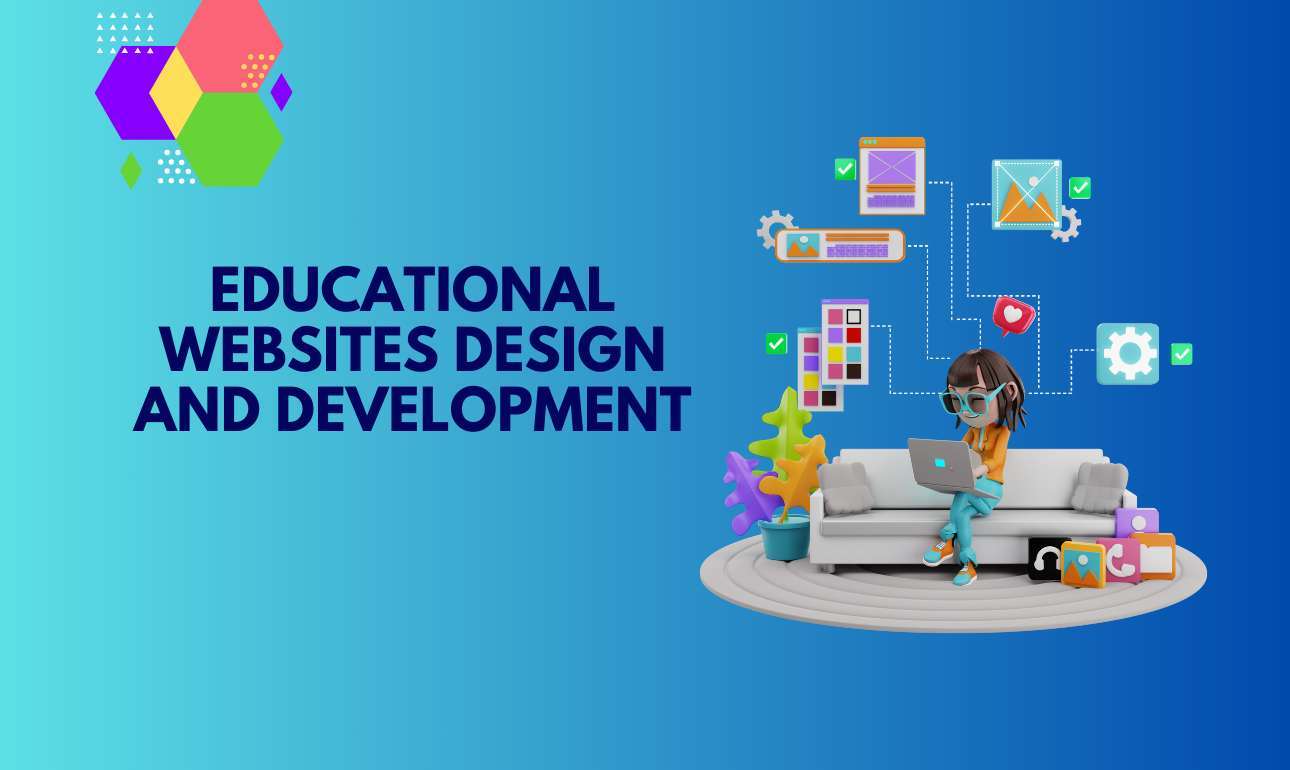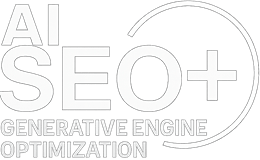Cursor
mode
SEO PLUS GEO
Educational and Institutional Websites Design and Development

Building a functional and engaging online platform for educational institutions requires a seamless blend of design, usability, and advanced features. Our educational website design and development services ensure that institutions can provide an exceptional learning experience while effectively managing administrative tasks and facilitating student engagement.
Course Catalog Management
Simplify course browsing with a structured and dynamic catalog system.
1. Display detailed course descriptions, including syllabus and prerequisites.
2. Add filters for department, level, or course type.
3. Enable side-by-side course comparisons to aid decision-making.
4. Offer course previews, such as videos or sample lessons.
5. Highlight featured and newly introduced courses.
6. Provide a search bar with auto-suggestions for quick discovery.
7. Integrate course availability with real-time updates.
8. Include a wishlist or save feature for potential enrollments.
User-Friendly Enrollment Process
Streamline admissions with an intuitive enrollment system.
1. Offer step-by-step guidance for filling application forms.
2. Enable social logins for account creation.
3. Provide real-time status updates during the enrollment process.
4. Add form auto-saving for interrupted sessions.
5. Allow bulk registration for group or institutional enrollments.
6. Send reminders for incomplete or pending applications.
7. Ensure form compatibility across devices for convenience.
8. Include multi-language support for a diverse audience.
Online Payment Solutions
Facilitate secure and seamless fee payments for students and institutions.
1. Integrate multiple payment gateways for flexibility.
2. Provide installment options for tuition fees.
3. Enable automated receipts and payment confirmations.
4. Use SSL encryption for secure transactions.
5. Support region-specific payment methods for international students.
6. Allow payments for add-ons, like course materials or events.
7. Implement refund and cancellation options where applicable.
8. Display a detailed transaction history in user accounts.
Interactive Learning Modules
Engage students with dynamic and interactive educational tools.
1. Offer video lectures, quizzes, and discussion forums.
2. Include gamified elements like badges and progress trackers.
3. Provide real-time feedback during assessments.
4. Allow collaborative learning through group projects or chat features.
5. Enable content customization based on student progress.
6. Integrate live sessions with screen-sharing capabilities.
7. Support multimedia content like presentations, animations, and infographics.
8. Ensure compatibility with mobile learning apps.
Resource Libraries and Downloads
Provide a centralized hub for educational resources and materials.
1. Offer downloadable PDFs, eBooks, and study guides.
2. Include audio and video resources for diverse learning styles.
3. Add a search feature to locate resources quickly.
4. Categorize materials by subject, grade, or author.
5. Display resource previews to save user time.
6. Restrict access to specific users, such as enrolled students.
7. Track resource usage for performance insights.
8. Enable offline access for downloaded resources.
Student and Faculty Portals
Create dedicated portals for effective communication and task management.
1. Allow students to track grades, attendance, and schedules.
2. Provide faculty with tools to upload assignments and assessments.
3. Enable secure communication between students and faculty.
4. Add a calendar for events, exams, and deadlines.
5. Include dashboards for personalized announcements and updates.
6. Allow access to certificates, transcripts, and academic records.
7. Integrate messaging tools for group discussions and announcements.
8. Ensure role-based access to maintain portal security.



